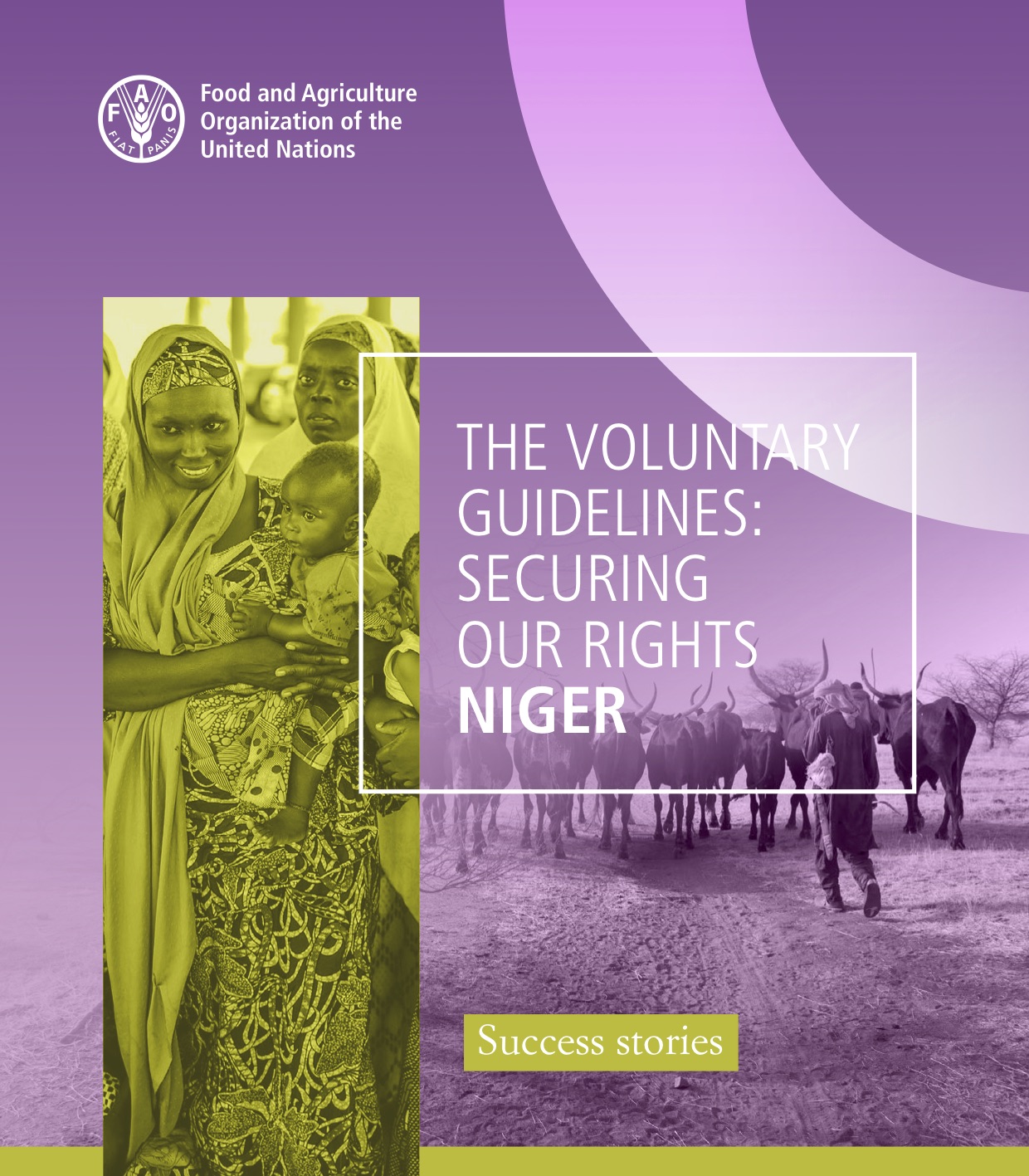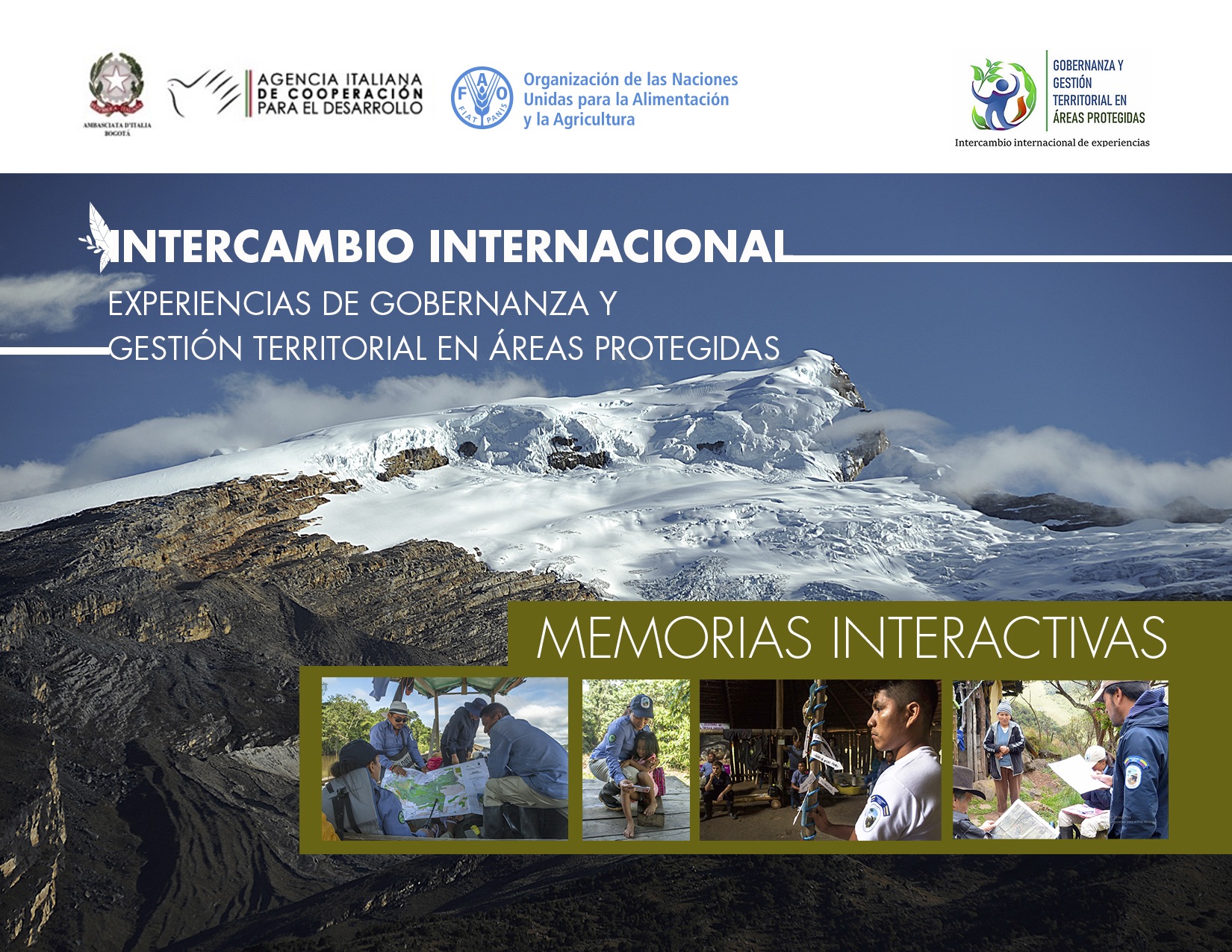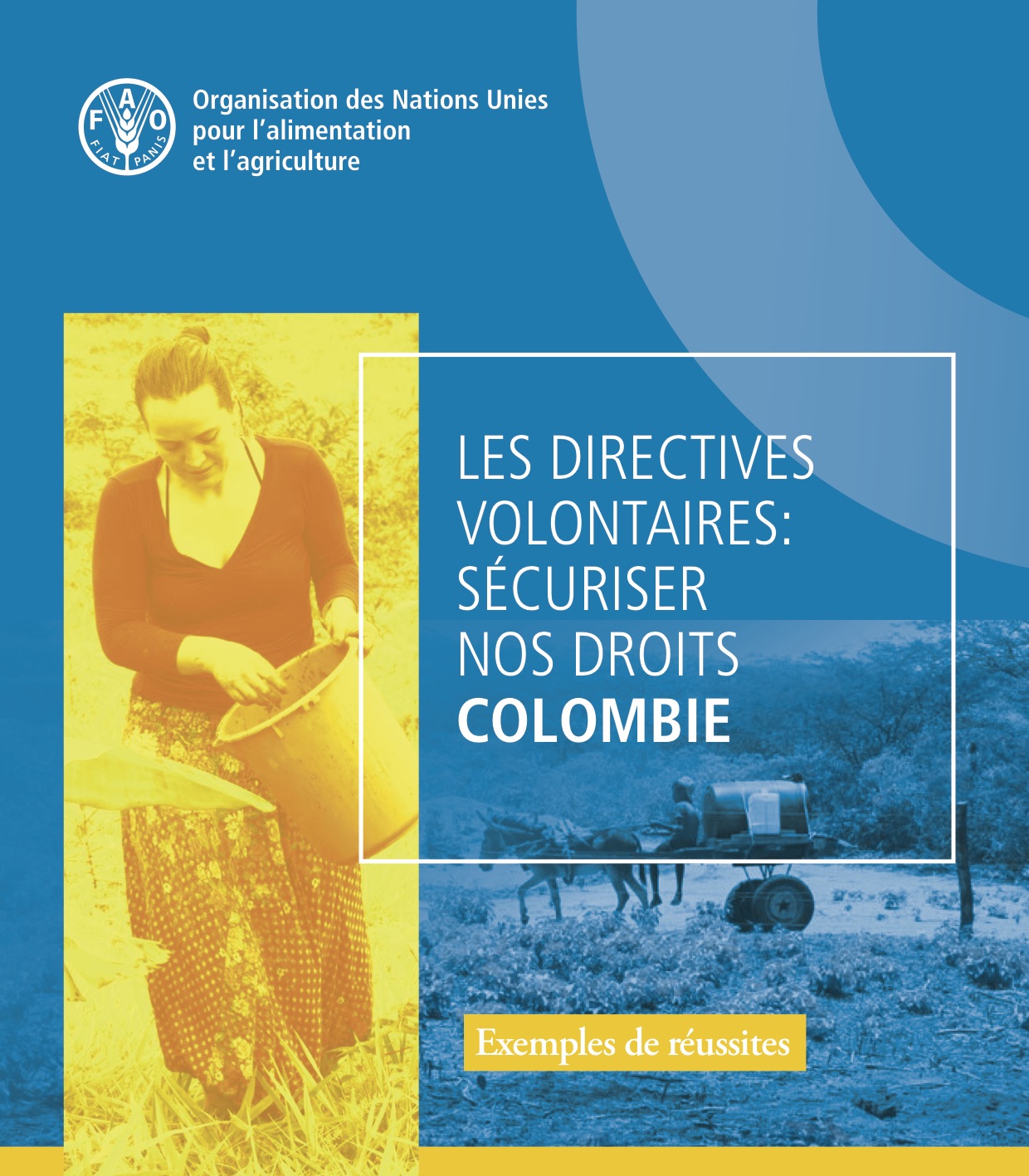Focal point
Location
The Food and Agriculture Organization of the United Nations leads international efforts to defeat hunger. Serving both developed and developing countries, FAO acts as a neutral forum where all nations meet as equals to negotiate agreements and debate policy. FAO is also a source of knowledge and information. We help developing countries and countries in transition modernize and improve agriculture, forestry and fisheries practices and ensure good nutrition for all. Since our founding in 1945, we have focused special attention on developing rural areas, home to 70 percent of the world's poor and hungry people.
Members:
Resources
Displaying 31 - 35 of 5074Life on land: Why it matters
What’s the goal here? To sustainably manage forests, combat desertification, halt and reverse land degradation, and halt biodiversity loss. Two billion hectares of land on Earth are degraded, affecting some 3.2 billion people, driving species to extinction and intensifying climate change. Goal 15: Life on land Human life depends on the earth as much as the ocean for our sustenance and livelihoods. Plant life provides 80 percent of the human diet, and we rely on agriculture as an important economic resources.
The Voluntary Guidelines: Securing our rights - Niger
The Voluntary Guidelines on the Responsible Governance of Tenure of Land, Fisheries and Forests in the Context of National Food Security (VGGT) were endorsed by the Committee on World Food Security in May 2012. These Voluntary Guidelines have been described as a catalyst leading to improvements in conditions under which land is held or occupied in agricultural sectors. The Voluntary Guidelines address problems of weak governance of tenure and the growing pressure on natural resources, providing the basis for countries to achieve food security for all.
Memorias Interactivas - Intercambio internacional: experiencias de governanza y gestión territorial en áreas protegidas
Con el propósito de compartir conocimientos, logros y retos de diversas experiencias en áreas protegidas (AP) latinoamericanas, se llevó a cabo entre el 27 de julio y el 21 de agosto de 2020, el INTERCAMBIO INTERNACIONAL Experiencias de gobernanza y gestión territorial en Áreas Protegidas. En este intercambio, se reflexionó sobre aprendizajes de diferentes iniciativas, buscando que éstas pudiesen ser replicadas en otros contextos.
Les directives volontaires: Sécuriser nos droits Colombie
Cette publication de la série « Success Stories » présente les bonnes pratiques en matière foncière en Colombie à travers l'application des VGGT par certains projets de la FAO entre 2014 et 2021, notamment dans le cadre de l'amélioration de la gouvernance et de la réduction des conflits dans les aires protégées, du renforcement des communautés en termes de leurs droits fonciers, et la restauration des droits territoriaux des communautés autochtones et/ou afro-descendantes.
Legislative approaches to sustainable agriculture and natural resources governance
Influenced by international trends, as well as in response to population, climate, resource and development needs, the standards, norms, mechanisms and incentives in natural resources law at the national level have evolved in recent years. Natural resources laws are influenced by developments in the international arena, either through international treaties that are binding or through ‘soft law’ instruments that are not legally binding but nevertheless have widespread adherence among governments, or that provide principles that guide and shape national legislation.










